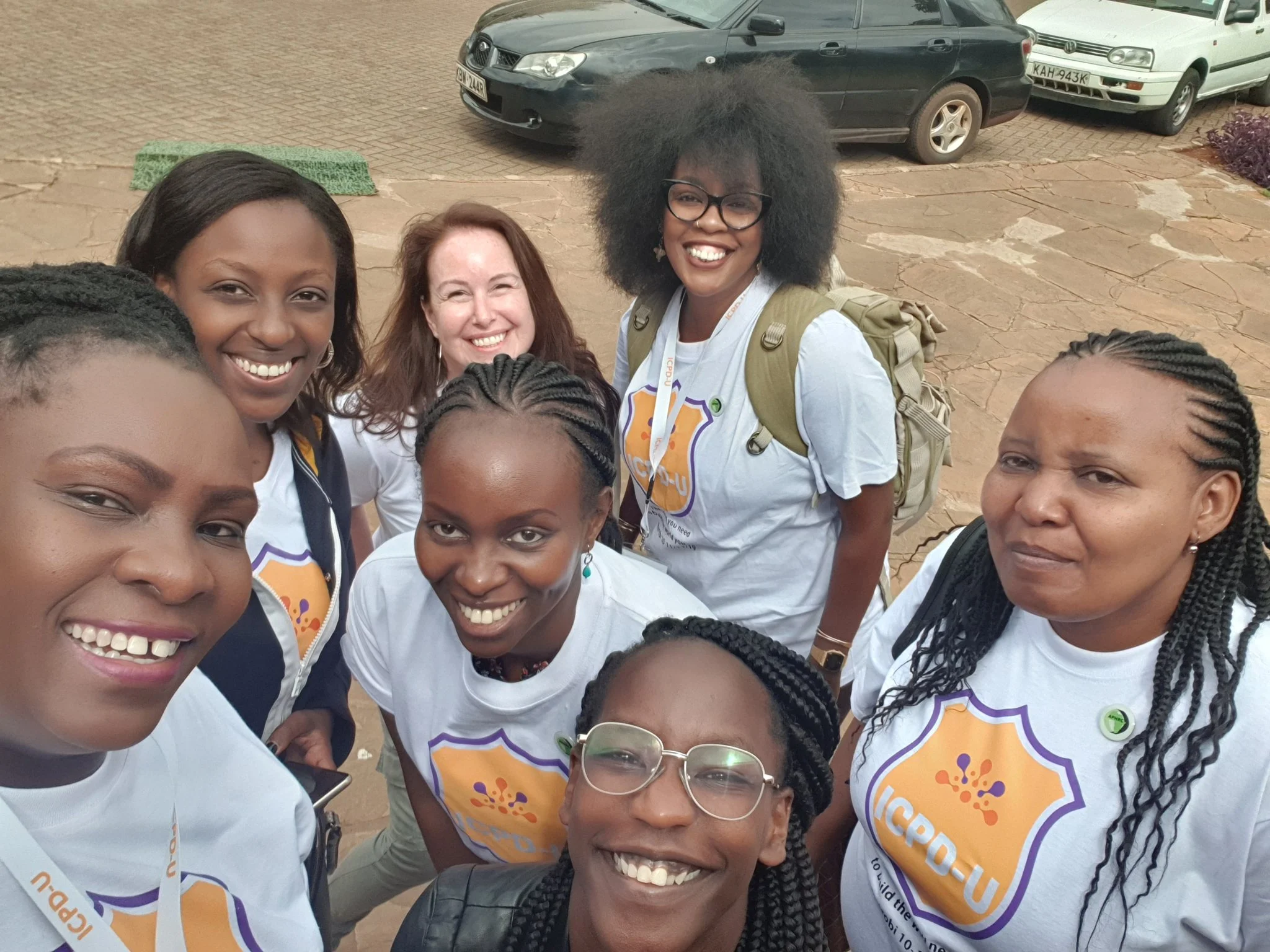Global Consensus Statement on Youth-led Accountability
We, youth in all our diversity, youth-focused and youth-led organisations, development agencies, multilateral institutions and national governments, are committed to the advancement of the meaningful engagement of adolescents and young people in governance, leadership and decision-making across all sectors of development.
We strongly believe that the realization of the commitments adopted in the United Nations World Programme of Action for Youth (WPAY), the Sustainable Development Goals, various treaties, conventions and protocols, and indeed, national constitutions and local legislations, will not be achieved without the meaningful engagement of adolescents and young people in accountability mechanisms. We commit through this statement, to promote and support youth-led accountability initiatives as a means of ensuring the meaningful adolescent and youth engagement required for a sustainable development that truly leaves no one behind.
This statement seeks to:
Build on the definition and principles laid out in the Global Consensus Statement Meaningful Adolescent & Youth Engagement, and set out an agreed definition of youth-led accountability.
Bring all sectors to a common understanding of the importance of partnership with youth in both direct and indirect mechanisms of monitoring and evaluation of social development policies and plans.
Urge all stakeholders to meaningfully engage youth in the design, implementation, review, and monitoring of all youth-related policies and programs across sectors at the local, national, regional and international levels.
Highlight the pressing need to empower youth to hold governments and duty-bearers accountable as an effective method in ensuring the needs and aspirations of youth are properly addressed.
Foster intergenerational partnerships within the youth-led accountability movement and initiatives.
We commit to endorse, promote and abide by the following definition and principles of Youth-Led Accountability:
“Youth-led accountability refers to empowering and supporting youth-initiated, managed, and monitored processes that promote the responsive and meaningful engagement of all stakeholders in the process of accessing information, negotiating, designing, implementing, and evaluating initiatives to hold public officials and other stakeholders responsible for their commitments to protect and promote the human rights and well-being of youth.”
Youth-led accountability involves:
The inclusion of adolescents and young people, in all their diversity, in the negotiation, design, implementation and evaluation of programmes, legislation and projects that affect their lives.
Building advocacy skills and providing safe spaces for engagement for youth and their older adult counterparts on accountability mechanisms, transparency practices, and intergenerational cooperation.
Access to comprehensive, high-quality, and age-and-gender-disaggregated data on social development indicators at country, regional and global levels.
Providing platforms young people to share and collaborate, including peer-to-peer learning.
The allocation of financial and non-financial resources to support youth-led and youth-focused accountability processes.
The tracking and reporting of the financial resources provided to adolescent-and-youth-led movements, particularly movements led by young women, girls and key populations.
The realization of those principles defined within the Global Consensus Statement Meaningful Adolescent & Youth Engagement - rights-based, transparent and informative, voluntary and free from coercion, respectful of young people’s views, backgrounds and identities and safe - should also serve as the foundation for all youth-led accountability mechanisms.
In the realization of these principles and defining purposes of youth-led accountability, we also commit to:
Reiterate that adolescents and young people have a right to participate on equal terms with other stakeholders on matters which impact their lives. This includes governance, development, decision making, resource allocation and use.
Work on ensuring enabling environments for youth-led accountability initiatives, these are, but not limited to, the following: a legal and operational framework that protects the right to freedom of assembly, the right to access information and encourages the civic engagement of young people.
Actively reach out and leverage on the influence of networks working at local, country, regional and international levels to champion and mainstream youth-led accountability into all development initiatives and processes.
Ensuring that our internal systems and those of our governments and partners afford youth equal opportunities, trust, respect and acceptance as they participate in governance, decision making and monitoring to promote peaceful and inclusive societies with accessible accountability systems for all.
We agree to participate in accountability mechanisms to monitor our progress as we champion the youth-led accountability initiative.

